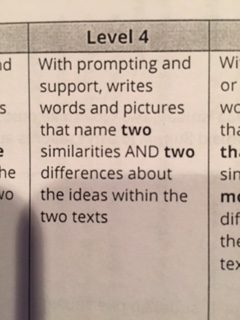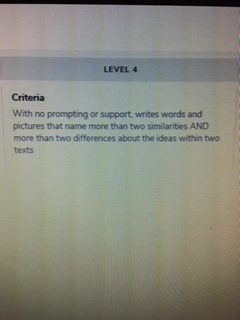I’ve written before about the disaster that is the Tennessee Fine Arts Portfolio. I’ve also published a guest column from an art teacher explaining the nightmare this process creates.
Now, after a semester of attempting to work with the state, Sumner County has opted-out of the Fine Arts Portfolio for this academic year. Sumner was the only new system to opt-in this year, a year that has seen the total number of systems participating drop to only nine.
In a letter to teachers, Sumner’s Assistant Director of Schools for Curriculum and Instruction Scott Langford notes:
Over the course of the last few months, our instructional coordinators have worked tirelessly to get information to you and to address issues that arose with the Tennessee Department of Education.
…Further, fine arts teachers from across the state did not receive their scored portfolios until November 2018 after TDOE extended the data several times.
Effective December 11, 2018, Sumner County Schools is opting out of the Fine Arts Portfolio.
The issues with the Fine Arts portfolios roughly mirror those with the Pre-K/Kindergarten portfolios.
This is yet another example of the failed leadership of Commissioner Candice McQueen, who will soon move on to even greener pastures.
Tennessee’s next Commissioner of Education must take immediate steps to right the ship on a range of issues from how teachers are treated and compensated to testing to establishing a modicum of professional respect for our state’s educators.
For more on education politics and policy in Tennessee, follow @TNEdReport
Your support — either a one-time or ongoing contribution — keeps the education news flowing!



